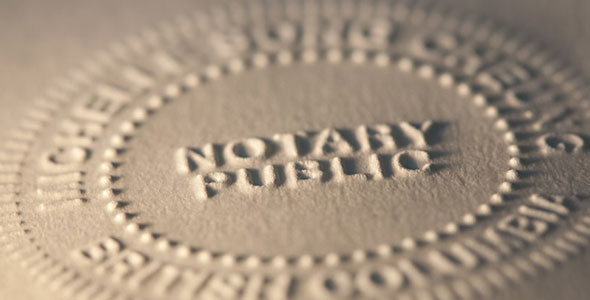Handling Deceased Estate Issues: Advice Via Legal Process
Handling Deceased Estate Issues: Advice Via Legal Process
Blog Article
Debunking Notarial Work: Simplifying the Duty and Significance of Notaries
Their role, frequently shrouded in mystery for many, carries significant weight in ensuring the legitimacy and honesty of critical records. By unwinding the intricacies surrounding notarial practices and dropping light on the significance of their acts, a more clear understanding emerges of the vital role notaries play in supporting the fabric of lawful and contractual contracts.
The Background of Notarial Job
The background of notarial job dates back to ancient worlds, where scribes played a critical duty in videotaping important information and confirming papers. This led to the development of notaries, people designated by the state to act as unbiased witnesses in legal matters.
Throughout the Middle Ages, notaries acquired importance in Europe, with their features expanding to include preparing legal papers, licensing signatures, and protecting documents. The surge of international trade even more stressed the importance of notarial work in confirming agreements and arrangements across borders.
In the modern era, notaries continue to play an essential role in legal and service deals by validating identifications, confirming the authenticity of papers, and preventing fraud. Their role in certifying the validity of agreements adds a layer of safety and security and depend the ever-evolving landscape of business and law.

Tasks and Duties of Notaries
The historic development of notarial work from ancient people to the modern-day period has shaped the distinct obligations and responsibilities that notaries promote in lawful and organization deals today. Notaries play a crucial function in validating the credibility of documents and the identification of signatures. Among their primary obligations is to witness the signing of important documents, such as agreements, wills, and deeds, to ensure that all celebrations are becoming part of agreements intentionally and willingly. Notaries additionally confirm that signatures are of sound mind and not under discomfort or coercion.
Moreover, notaries are tasked with providing affirmations and oaths, which are vital in legal process and the execution of sworn statements. They license copies of initial records, offering assurance to organizations that the duplicates are real replicas of the originals. Notaries should preserve precise records of all deals they look after to ensure transparency and accountability. In general, the tasks and duties of notaries are important in protecting the integrity and legitimacy of different papers and deals.
Notarial Certificates and Signatures
Exemplifying precise interest to information, notarial certifications and trademarks serve as vital parts in verifying the authenticity of lawful files. Notarial certifications normally contain vital details such as the day of registration, the names of the signatures, a description of the record, and the notary's main seal. These certificates supply a clear record of the notarial act, making sure that the paper can be conveniently identified and traced back to the notary that supervised the process.
Trademarks play a critical role in notarial job, as they represent the agreement and approval of the parties entailed. Notaries thoroughly witness the finalizing of files to verify the identification of the signatories and validate that they are signing of their very own cost-free will. By attaching their main seal and trademark to the record, notaries license that the necessary procedures have been followed and that the paper is enforceable and valid.
Essentially, notarial certifications and signatures are the trademark of credibility in legal deals, giving assurance to all celebrations entailed that the files are reputable and binding.
Importance of Notarial Acts

Registration Process Discussed
Describing the notarization procedure gives quality on the vital steps entailed in verifying lawful documents. The registration procedure generally starts with the specific providing the file to a notary public. The notary then verifies the endorser's identification with appropriate identification approaches. Once the identity is verified, the notary makes certain that the private authorizing the file does so willingly and without any coercion.

Verdict

Notarial certificates usually have essential info such as the day of notarization, the names of the signatories, a summary of the file, and the notary's official seal. These certificates give a clear document of the notarial act, making sure that the document can be quickly identified and traced back to the notary that looked after the process.
By fastening their official seal and trademark to the document, notaries certify that the necessary procedures have been adhered to and that the file is enforceable and valid.
By validating the identity of the notaries, validating their desire to enter right into the arrangement, and certifying the day and place of the signing, notaries play a vital role in supporting the credibility of legal records.After the document is signed, the notary will attach their official seal useful link or stamp onto the paper.
Report this page